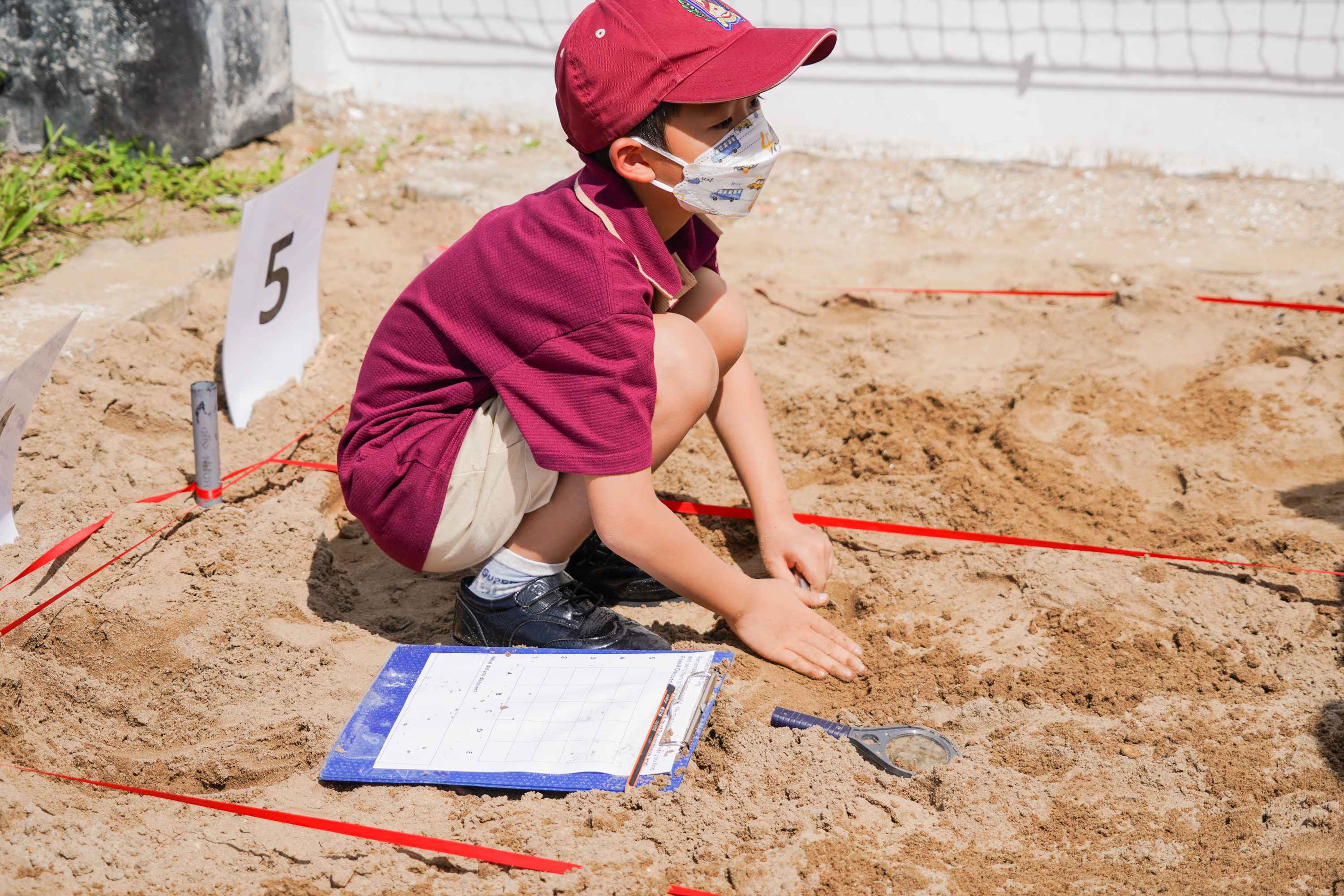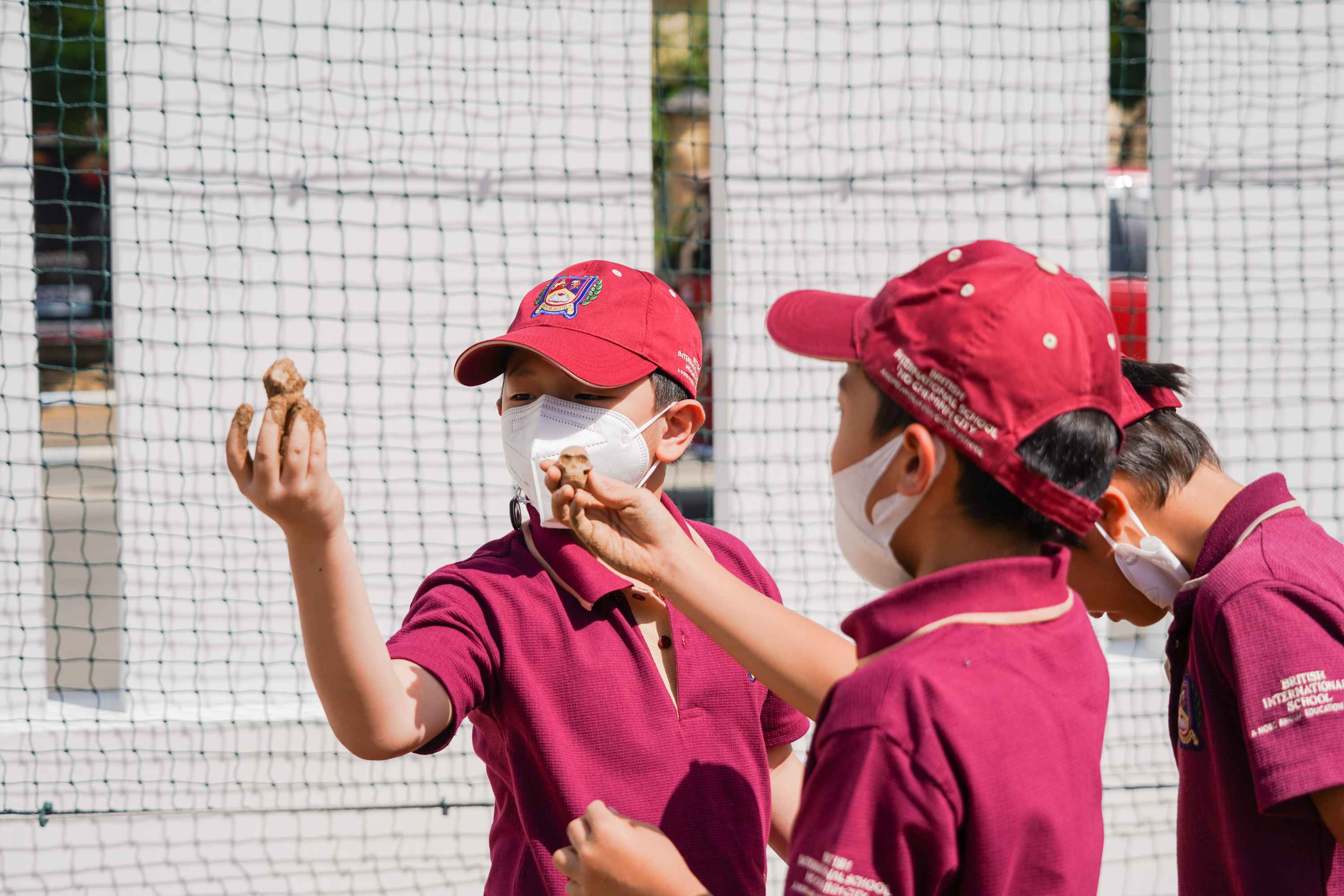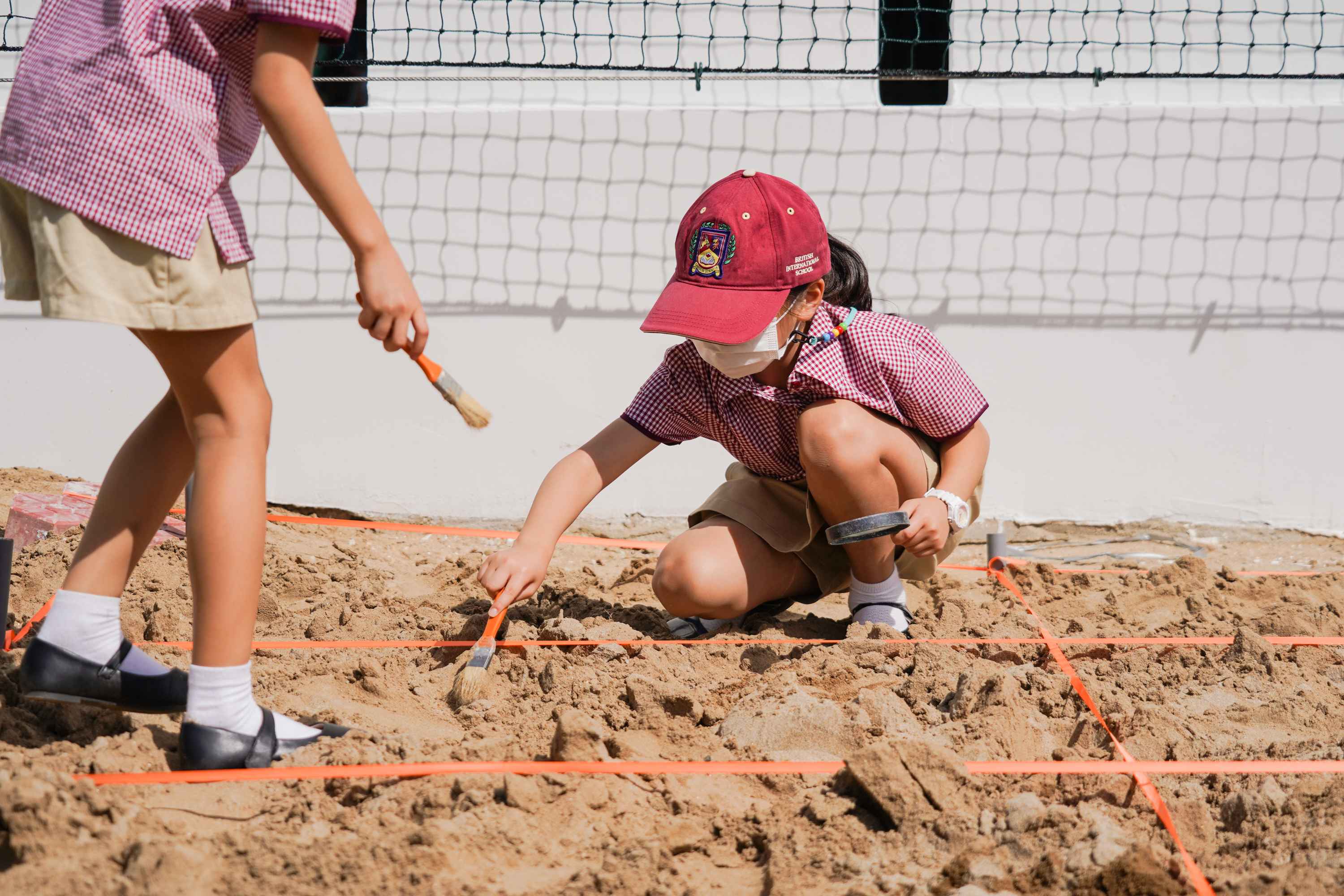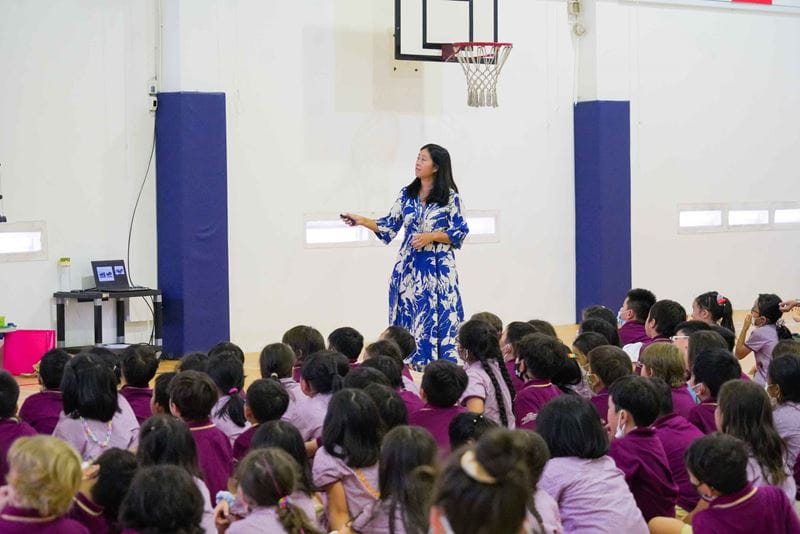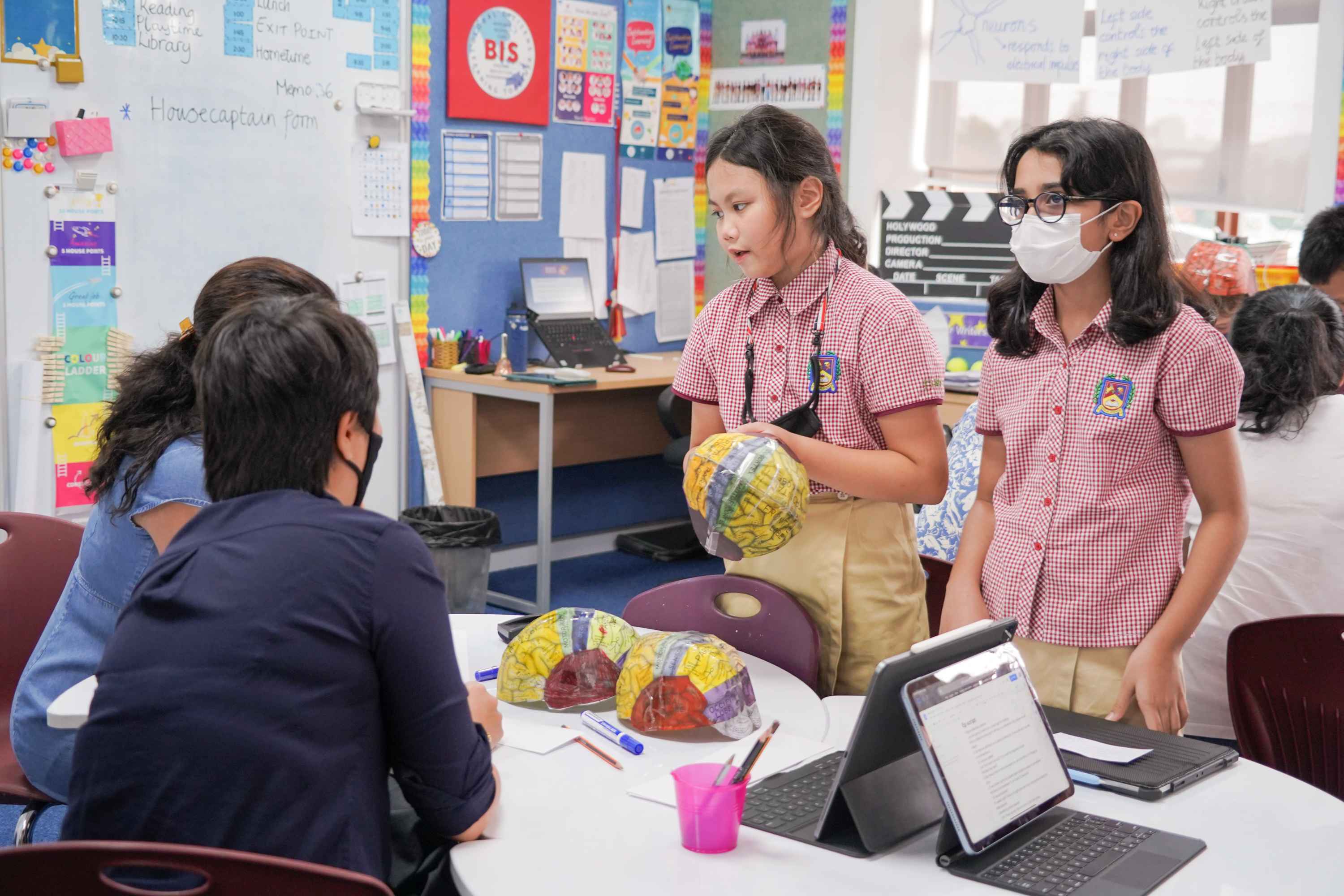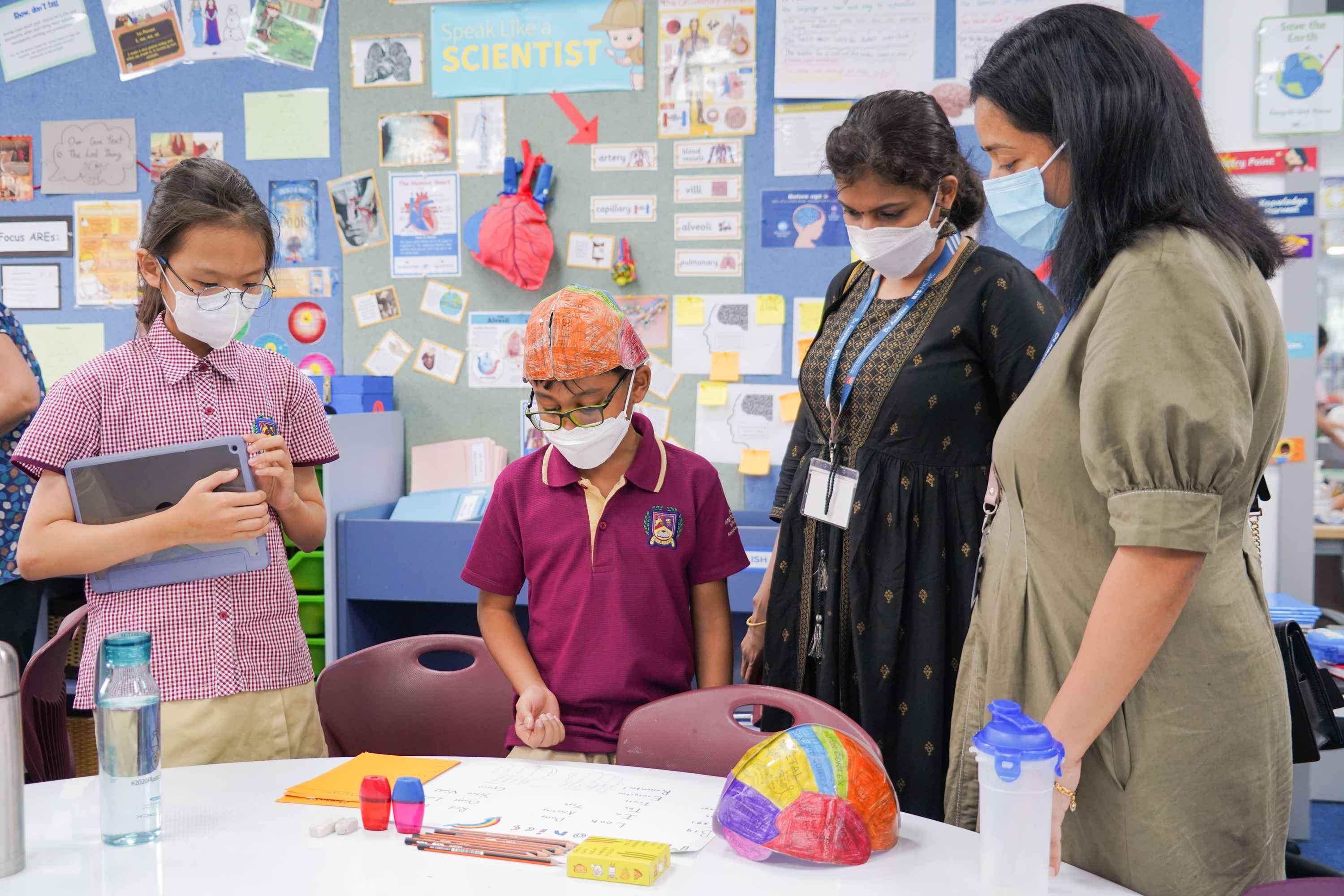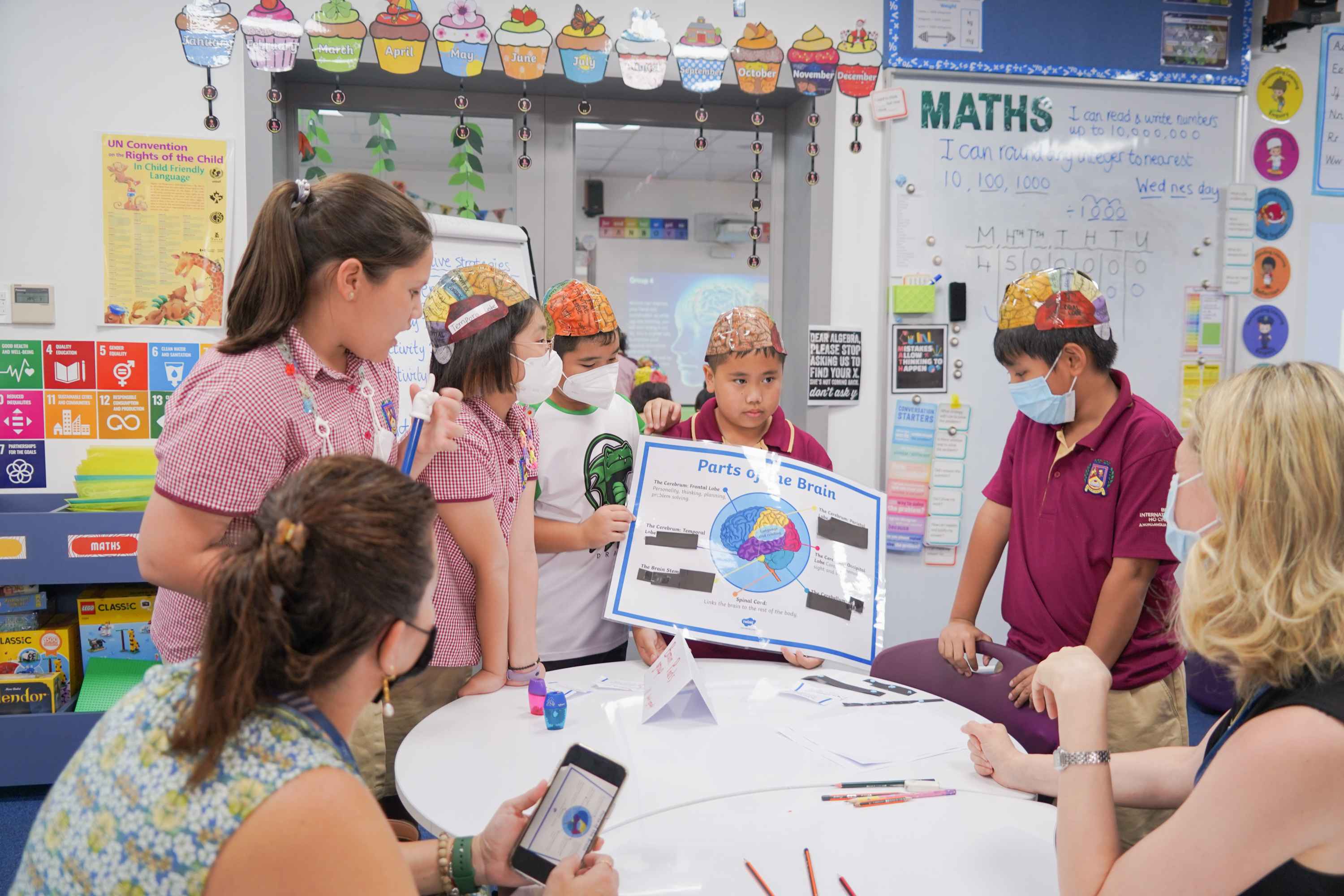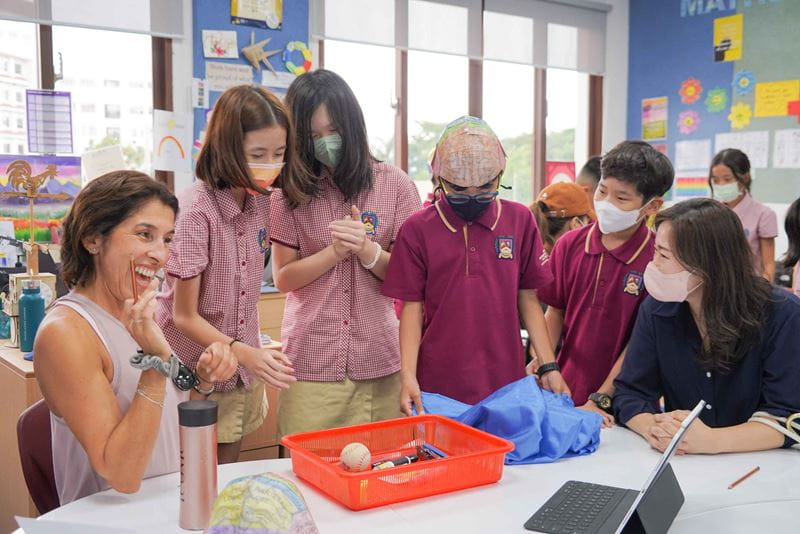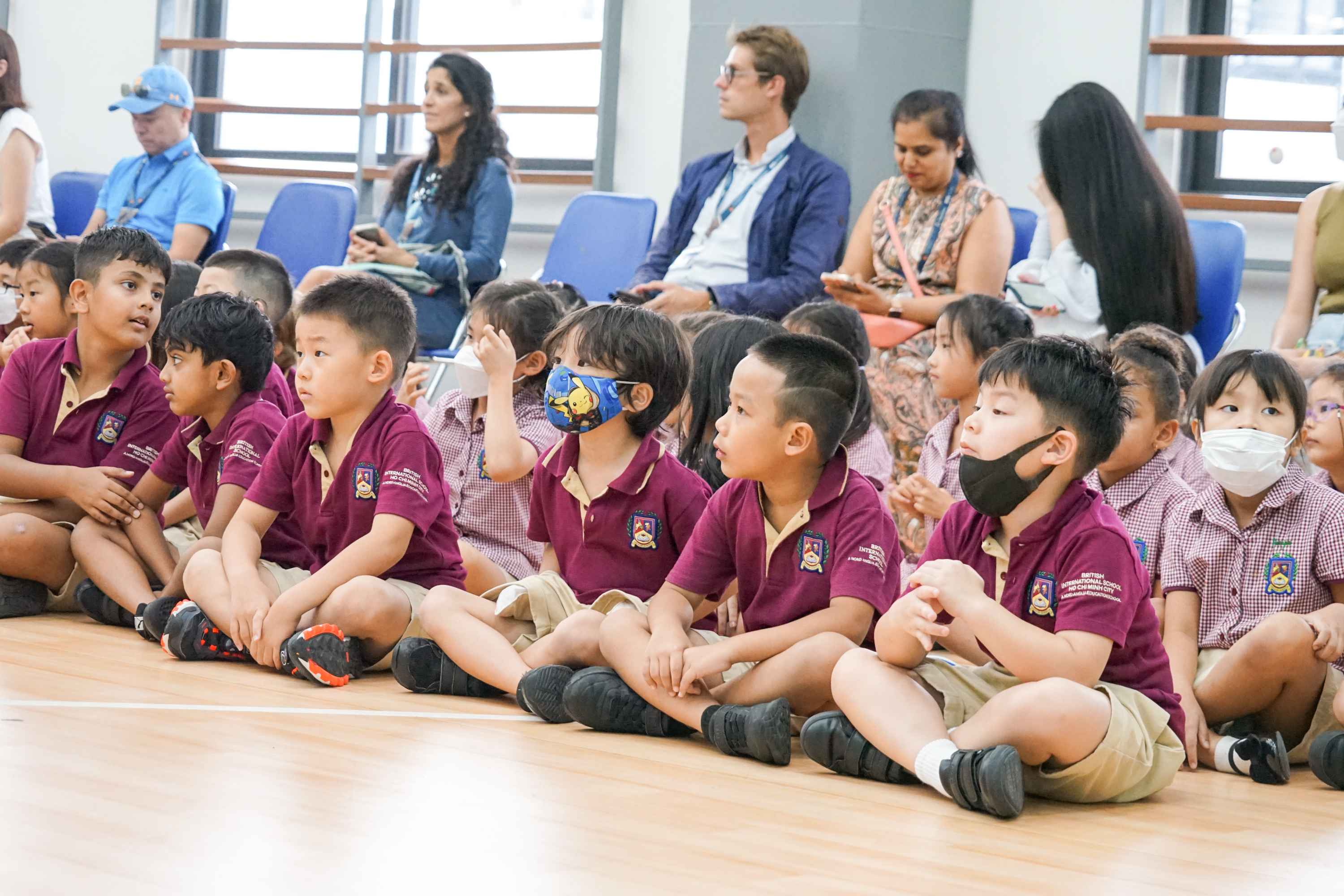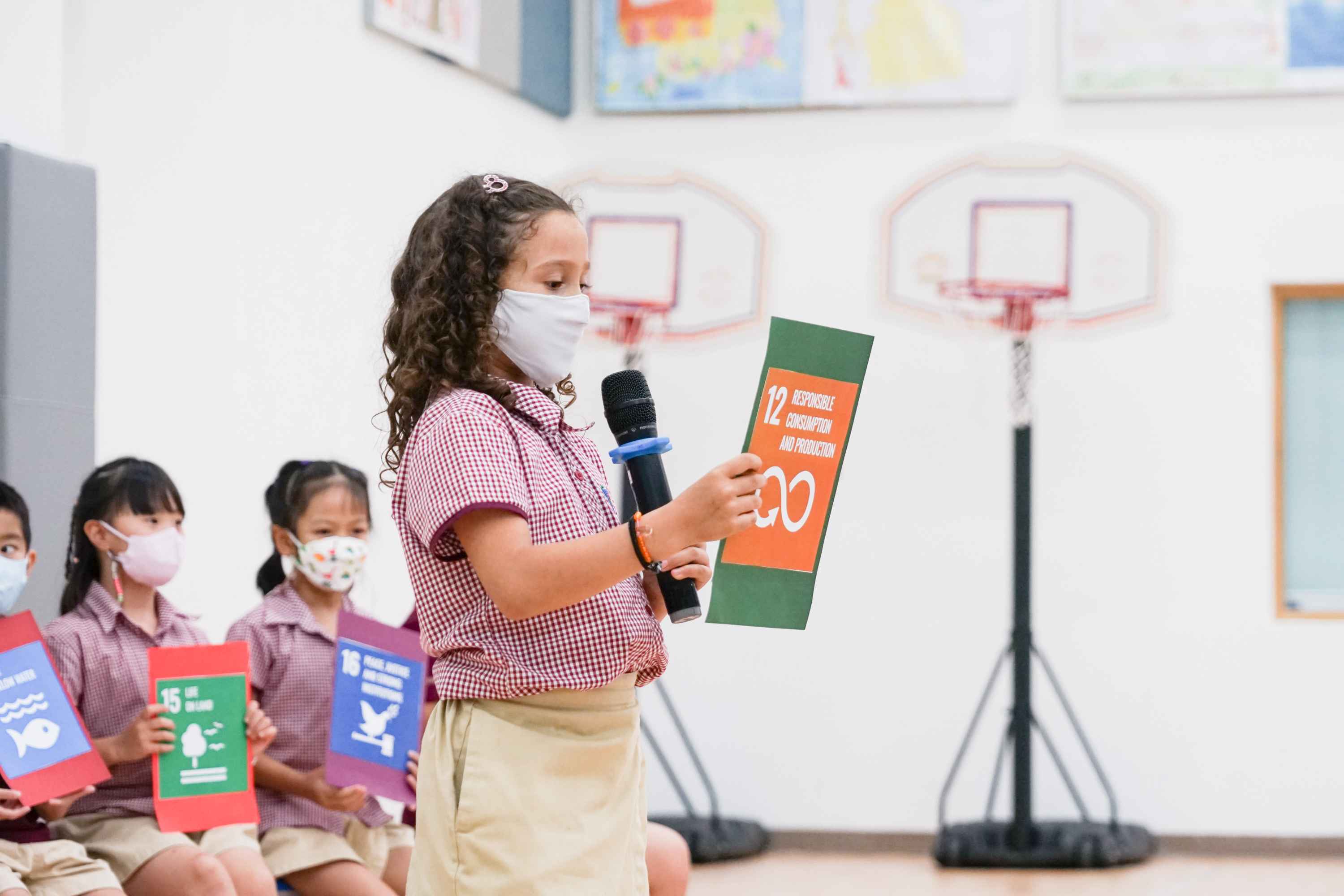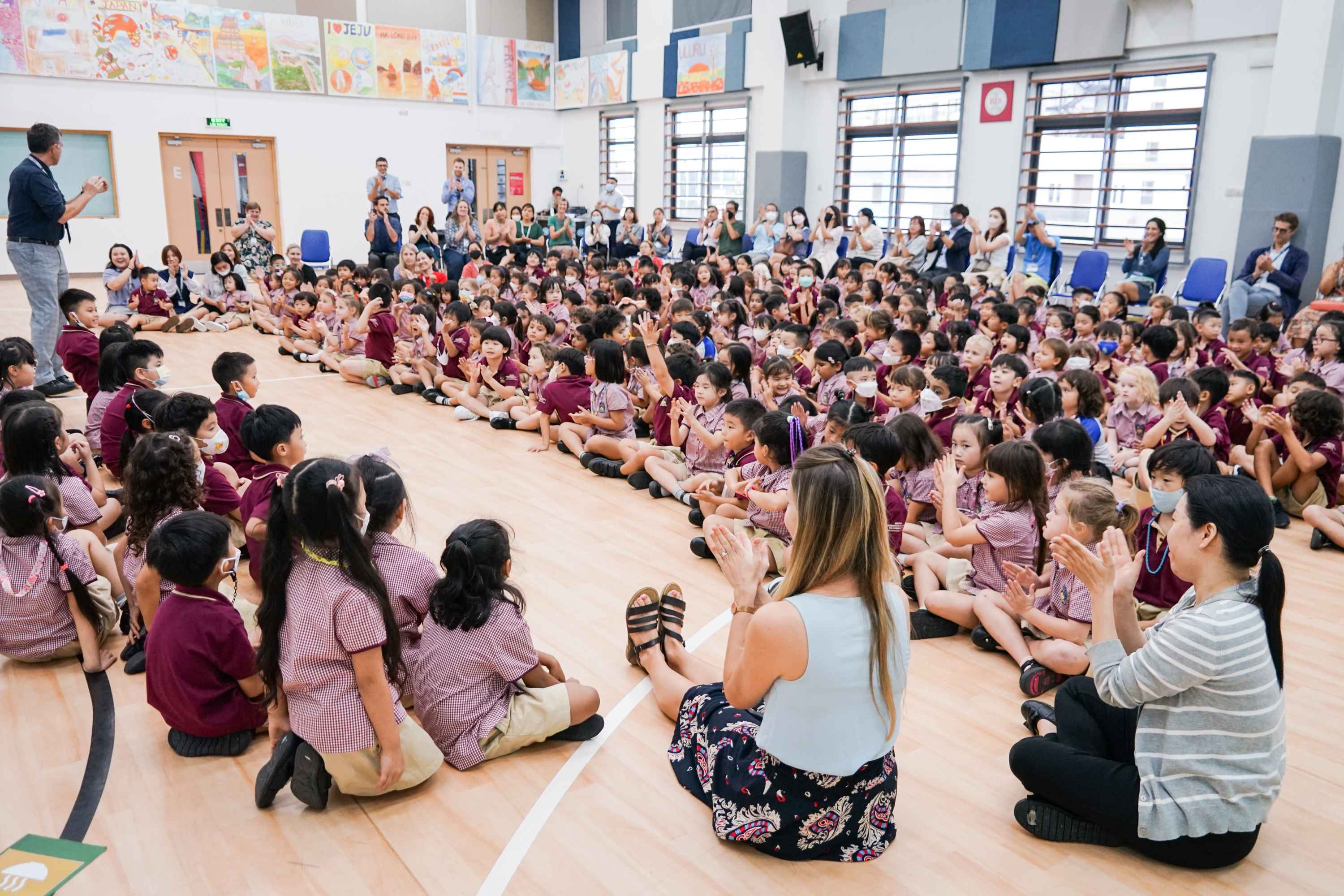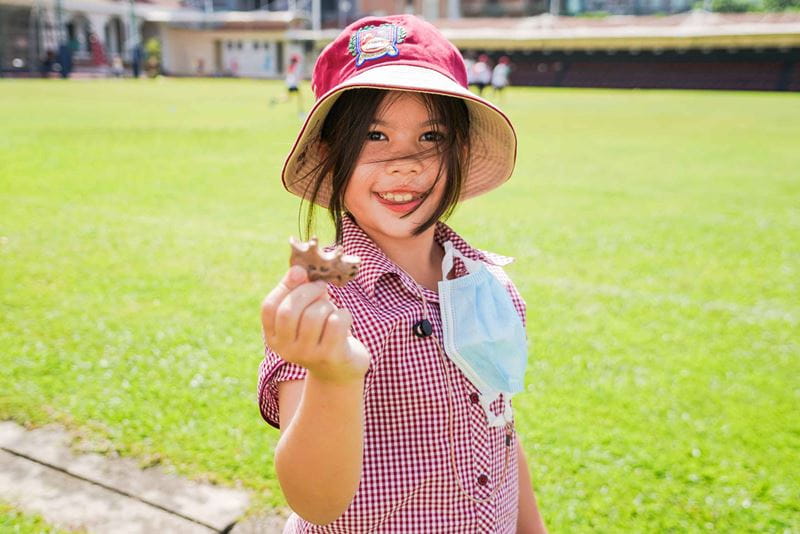
When you reflect on your own childhood and school experiences, what memories come to mind? Memories of fondness, pride, or celebration? Or do you cast your mind back to moments of dread and embarrassment? Hopefully, it’s the former over the latter but whatever your personal experience back then, you understand the significance of positive school experiences for your learners now.
For us as passionate IPC leads, we see the subject’s greatest strength to be that it offers a plethora of opportunities for wonder, engagement, growth, pride, and celebration. Not just for each independent learner but for the collaborative class, year group, and even our parent community. To our minds, these rare, fleeting moments of collective sharing in the learning process, its related successes and ‘teachable moments’, are worth repeating as much as possible, since they should resonate and support further growth in the future.





